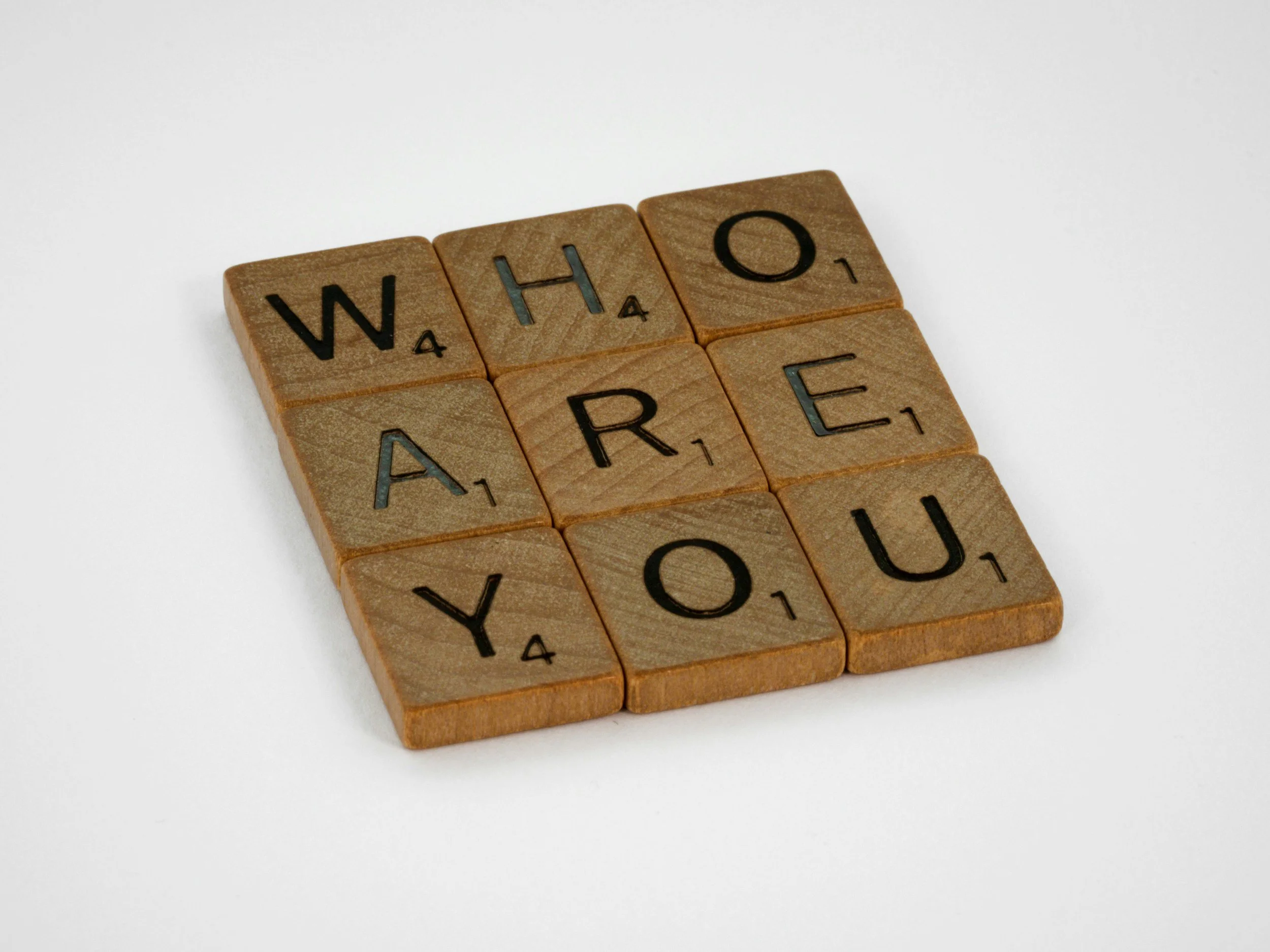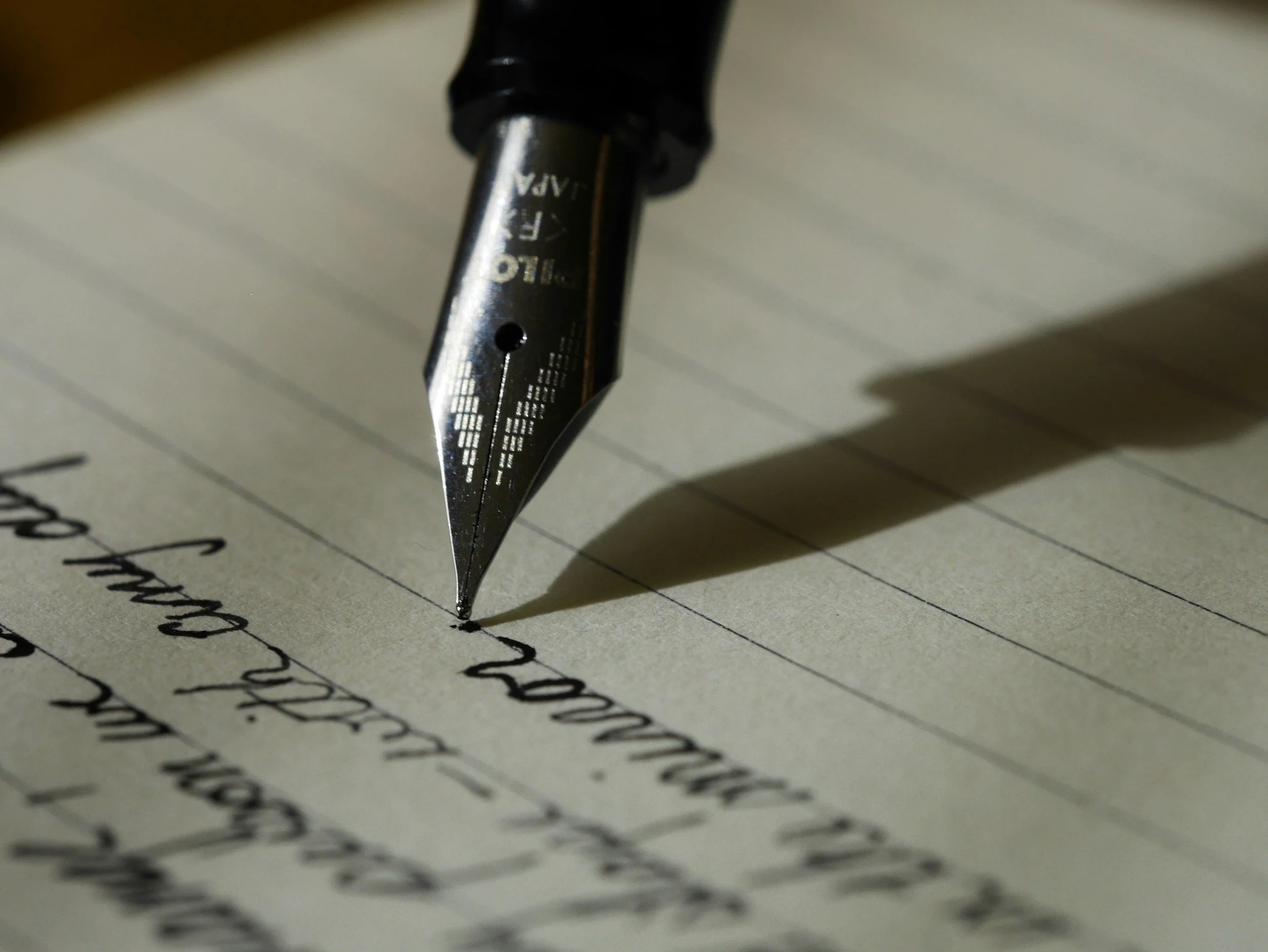Why Do We Forget Most of Our Dreams Upon Waking?
Dreams have fascinated philosophers, scientists, and clinicians for centuries, yet most of us forget the majority of our nightly experiences soon after waking. Research in psychology and neuroscience provides several explanations for this phenomenon, rooted in how memory, sleep, and consciousness interact.
The Role of Sleep Stages
Dreams occur most vividly during rapid eye movement (REM) sleep, when brain activity resembles wakefulness (Hobson, Pace-Schott, & Stickgold, 2000). Despite the intensity of these mental experiences, the transition from REM sleep to wakefulness often disrupts memory encoding. Unless dream recall occurs during or immediately after REM, the dream’s content tends to fade.
Memory Encoding and Neurochemistry
One major explanation is that the brain’s memory systems are partially offline during sleep. The neurotransmitter norepinephrine, which supports attention and memory formation, is dramatically reduced during REM sleep (Walker & Stickgold, 2006). Without sufficient norepinephrine, the hippocampus struggles to consolidate dream experiences into long-term memory. This helps explain why dreams, unlike waking experiences, are rarely stored for later recall.
State-Dependent Memory
Dreams may also be subject to state-dependent memory, meaning that memories are best retrieved in the same state in which they were formed. Because dreaming occurs in a neurochemical and cognitive state different from wakefulness, recalling dreams in the waking state is inherently difficult (Cipolli, Ferrara, De Gennaro, & Plazzi, 2017).
Interference at Awakening
Another factor is interference. Upon waking, people are quickly flooded with sensory input and cognitive demands—checking a phone, planning the day, or responding to an alarm. These waking experiences compete with fragile dream traces, accelerating forgetting (Eichenlaub et al., 2014).
Individual Differences
Not everyone forgets dreams at the same rate. Research shows that high dream recallers exhibit different patterns of brain activity, particularly in regions tied to memory and attention, such as the temporo-parietal junction (Eichenlaub et al., 2014). This suggests that both neurobiology and personality traits (e.g., openness to experience) contribute to dream recall frequency.
Simply Put
Forgetting dreams is a natural byproduct of the way memory functions during sleep. Reduced neurotransmitter activity, differences between sleep and waking states, and cognitive interference all play a role. However, dream recall can be improved by practices such as keeping a dream journal or waking gently from REM sleep. The fleeting nature of dreams reflects the brain’s prioritization of waking experiences over nocturnal imaginings, a balance that ensures efficient memory use in daily life.
References
Cipolli, C., Ferrara, M., De Gennaro, L., & Plazzi, G. (2017). Beyond the neuropsychology of dreaming: Insights into the neural basis of dreaming with new techniques of sleep recording and analysis. Sleep Medicine Reviews, 35, 8–20. https://doi.org/10.1016/j.smrv.2016.07.005
Eichenlaub, J. B., Nicolas, A., Daltrozzo, J., Redouté, J., Costes, N., & Ruby, P. (2014). Resting brain activity varies with dream recall frequency between subjects. Neuropsychopharmacology, 39(7), 1594–1602. https://doi.org/10.1038/npp.2014.6
Hobson, J. A., Pace-Schott, E. F., & Stickgold, R. (2000). Dreaming and the brain: Toward a cognitive neuroscience of conscious states. Behavioral and Brain Sciences, 23(6), 793–842. https://doi.org/10.1017/S0140525X00003976
Walker, M. P., & Stickgold, R. (2006). Sleep, memory, and plasticity. Annual Review of Psychology, 57, 139–166. https://doi.org/10.1146/annurev.psych.56.091103.070307




